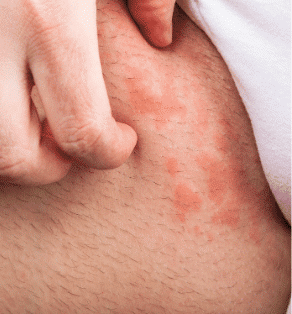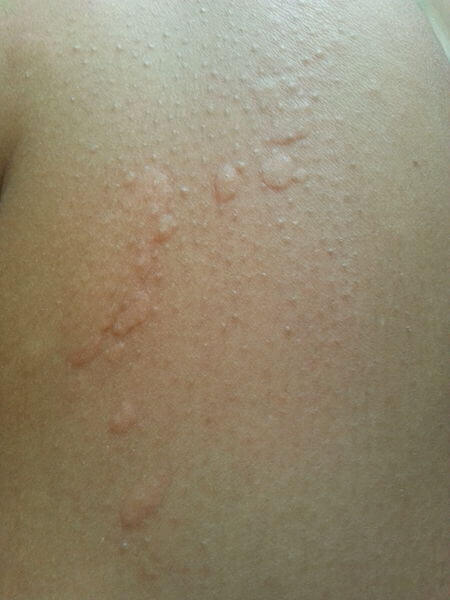Discover the symptoms and treatment for cold urticaria, an allergic reaction to cold temperatures. Stay informed and find relief.
Cold urticaria is a condition that directly affects the skin, as defined by the National Center for Advancing Translational Sciences. Diagnosing it relies on specific signs and symptoms, which we explore below, along with the causes and potential treatments.

According to Dr. Demetrios Theodoropoulos, the cause of cold urticaria is unknown. However, it is the most common form of urticaria, as explained by the National Organization for Rare Disorders. Although cold urticaria is not typically inherited, it has been associated with certain infectious diseases and blood conditions, such as cryoglobulinemia, chronic lymphocytic leukemia, and viral hepatitis. Familial cold urticaria, another form of the condition, has been linked to a specific chromosome. Chromosomes carry genetic characteristics, and humans have 23 pairs, with the 23rd pair differing between males and females.
Cold urticaria, whether acquired or familial, manifests as abnormal skin reactions to cold. Exposure to cold weather or swimming in cold water can cause redness, welts, itching, and additional symptoms like fever, anxiety, tiredness, and fainting. In acquired cases, the rash develops within 2-5 minutes and lasts 1-2 hours, while familial symptoms take 24-48 hours to appear and can last up to 24-48 hours in severe cases. Primary cold urticaria involves itching, reddening, burning sensation, and hives, while reflex cold urticaria presents widespread welts when body temperature drops post-cold exposure.

When it comes to treating cold urticaria, there are various options available. Over-the-counter antihistamines like Claritin and Zyrtec, recommended by the Mayo Clinic, can effectively block the release of histamine and alleviate mild symptoms. Additionally, the National Center for Advancing Translational Sciences suggests systemic corticosteroids as a viable treatment, offering anti-inflammatory effects. Another option they propose is Dapsone, which reduces swelling and inhibits bacterial growth on the skin, which is particularly useful for certain skin disorders.